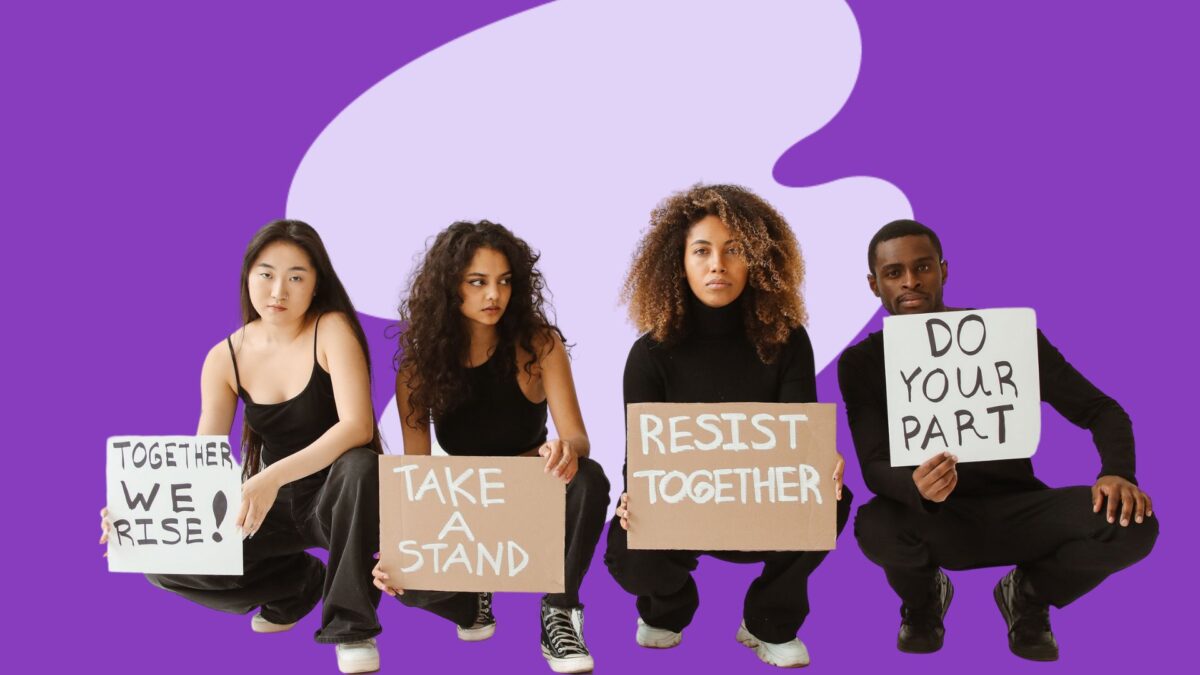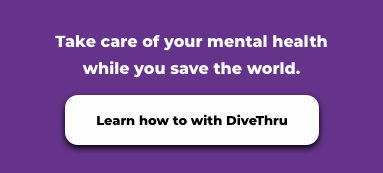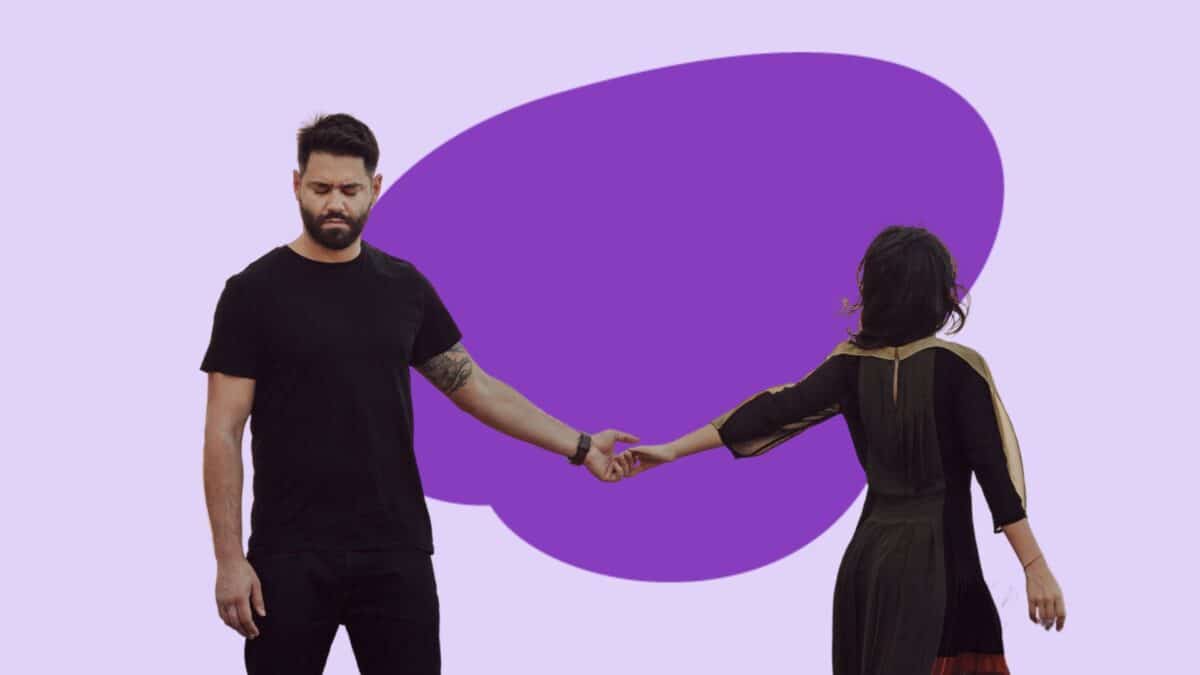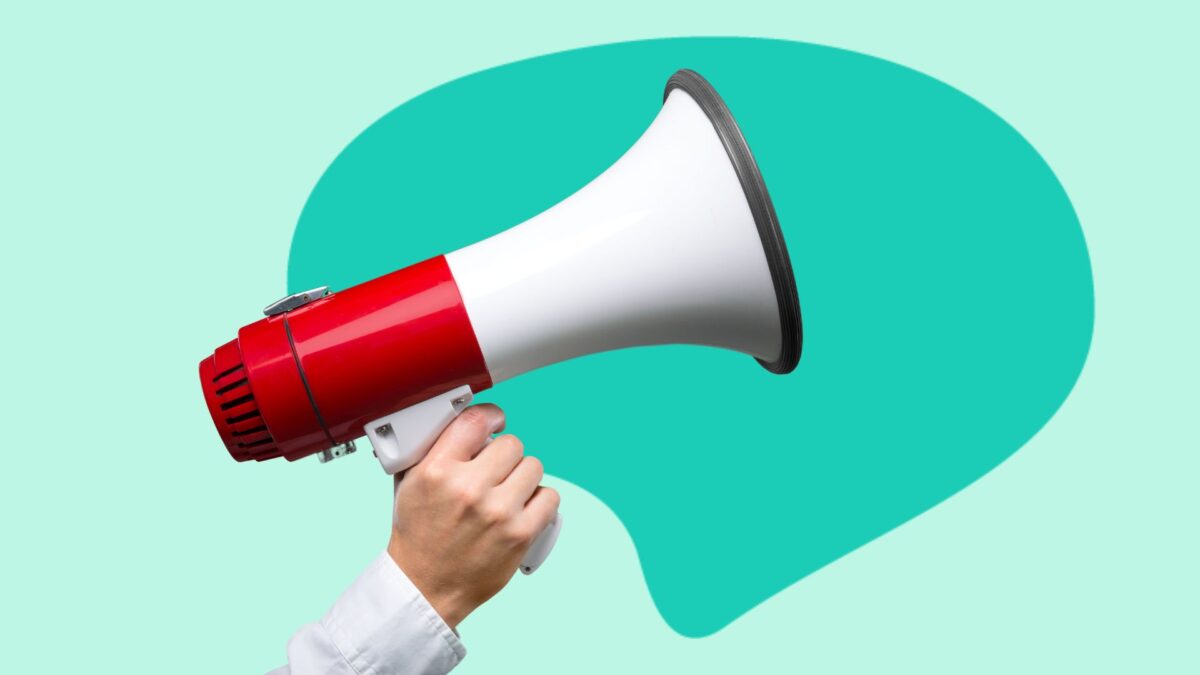It’s hard to exist in a world that feels like it is basically under attack 24/7! There are so many causes to care about, so many initiatives that deserve attention and societal injustices that need to be rectified. Putting energy into solving these issues and standing up for human rights is important but the only problem is that there are just so many of these causes to think about and get involved in! Which is why self-care for activists is more important than ever.
It can be emotionally and physically draining because the movements you support can end up impacting literally every day of your life. Sometimes you don’t have a choice whether or not to get involved. Sometimes this shit directly impacts you and your existence! How could you NOT want to get involved? But in order to have your activism be effective, you need to make sure that you aren’t burnt out or over-extended, and that you’re practicing some MAJOR self-care!
Hannah Fuhlendorf‘s course “Sustaining the Activist: Taking Care of Yourself While Changing the World” in the DiveThru app covers everything you need to know about self-care for activists! Not only will you get to learn about how you can take care of yourself but you’ll also get the chance to practice it.
Practice Radical Self-Care
Radical self-care is a bit different from “regular” self-care. Radical self-care is the idea that in order to fill others’ cups, you must first fill your own. So, to help others, you must first help yourself. Radical self-care is also rooted in the idea that caring for your mind and body is an act of rebellion, activism and resistance in itself. This is because it goes against the forces that want to oppress and keep you down.
Change can’t happen when you’re too burned out to enact it, so self-care can often become a survival technique — especially for BIPOC and others also belonging to marginalized groups. You can’t fight for your causes if you’re totally and completely exhausted on all levels.
Take Care Of Your Body
The BLM protests of 2020 were emotionally and physically draining for so many of us. The severity and intensity of these protests truly highlighted the need to continue to take care of your body and stay physically well. Did you know that trauma is stored in the body? Which is why it’s extremely important we take care of our bodies.
There are sooo many things that you can do to benefit your body! Making sure that you’re nourishing yourself with healthy foods, finding joyful movement, staying hydrated, and sleeping. These are all important pieces of self-care to take part in. They seem simple, but who says that simplicity is a bad thing! In fact, making sure that you’re cared for on a daily basis can help propel your activism!
Nurture Positive Relationships
Connecting with those you care about the most can help combat stress and burnout. When we foster the connections that bring positivity into our lives, it can help combat signs and symptoms of anxiety and depression, regulate your emotions and actually improve your immune system! Who knew?!
Connecting with those who energize you can be like hitting the reset button. We’ve spent more than a year away from our loved ones in 2020 and 2021, so now as things potentially reopen, you can dedicate more time to reenergizing yourself with the positivity of the ones you love. And for the relationships in your life that cause more stress, make sure to keep those boundaries in check!
Live Your Life
While activism might be a large part of your life, your values and what you stand for, it’s important that you live a life that’s sometimes separate from your activism as well. Talk about things that don’t relate to your work. It’s important to disconnect from things that impact you on such an intense and emotional level, and it doesn’t mean that you don’t care about your causes! No one can be expected to remain in a state of emotional and physical intensity 24/7. That’s just bananas!
Your brain and emotions need a vacation too. So, take part in activities and hobbies that excite you, calm you, energize you and recharge you! Just make sure that whatever you choose to take part in makes you happy and brings you joy.
Go To Therapy
Going to therapy can be an extremely helpful resource for activists to utilize. Fighting for what you believe in can be overwhelming in so many ways. There might be traumas and emotions that you need to process and work through with the help of a mental health professional.
We also recommend for BIPOC activists that you find a BIPOC therapist if possible. There are some things that white therapists won’t understand about the BIPOC experience, so it might be worth searching for someone who can relate to and understand the unique circumstances that you go through. If you’re not able to find a BIPOC therapist though, you can also ask your therapist questions like, “What is your experience working with advocates, or working with trauma?” You can also ask your therapist about their political beliefs if it is important to you!
You Don’t Have To Save The World
The news cycle has made it difficult for us in a number of ways. It’s hard to absorb that much sadness on a global scale, and also on a daily basis! Our poor little brains can’t grasp that kind of tragedy. They’re not designed to!
So, focus your energy on one or two causes that you’re most passionate about. Dividing your attention and only giving a small portion of yourself to a cause can end up burning you out and overwhelming your mind and body. And even though you might want to take care of the entire planet (We get it! We do too!), you need to take care of yourself in order to do that. So, know what you’re capable of taking on, don’t be afraid to dedicate yourself to only a few things, and focus your efforts on what you want to change most.
How do you feel? Good? Prepared? Ready for some incredible self-care? We do too! Being an activist is a major act of selflessness, but you ARE allowed to be selfish in order to take care of your mental and physical self. That way, you can keep changing the world in all the incredible ways you’re already doing it. We’re proud of you and the work that you do! You’re out here doing phenomenal things!!! KEEP GOING! But take care of yourself, okay?







